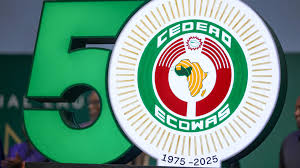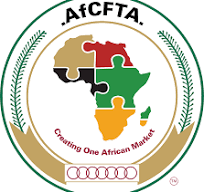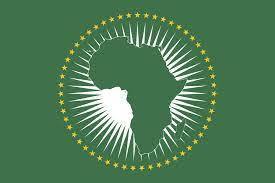ADVERTORIAL: Fish and Aquaculture: From importation to local breeding, self-sufficiency in Nigeria
“Very soon, we are not going to give quota for fish importation. We want everybody to set up their fish farms, employ our people and create jobs for our people. When we came last two years, Nigeria was producing about 700,000 tonnes of fish but this has increased to about 1.2 million tonnes which means that there has been an increment of 400,000 tonnes,” – Heineken Lokpobiri, the Minister of State for Agriculture and Rural Development
Despite Nigeria’s huge domestic fishery economy and enormous potential for fish production, the country continue to rely overwhelmingly on imported fish and specialized feed for its protein consumption. Thus, statistics shows that Nigeria spends up to N125 billion ($700 million) on fish importation, annually.
Moreover, the country import up to 2 million metric tonnes of fish (annually) to meet its local demand of 2.7 million metric tonnes whose wholesale value is put at over $1.5 billion; this is even though our potential for fish production is valued at over 3 million tonnes, per annum.
The fact that we spend up to $700 million of our precious foreign exchange on fish importation every year which has significant implication on our economy is unfortunate and unsustainable; it is even more unfortunate considering our huge fish production potential in the form of the numerous inland water bodies including rivers, lakes, reservoirs, and dams found across the length and breadth of this country.
This means that if our water and fishery resources are fully harnessed, we stand the opportunity of not only meeting our local consumption for fish and other aquaculture products but also have the capacity to export the products to earn foreign exchange and create millions of jobs for our teeming unemployed youth in the processes.
At the moment, Nigeria is the biggest importer of fish in Africa and fish production contributes less than 5% of our Gross Domestic Product (GDP) even as it provides 50% of animal protein intake to over 170 million Nigerians. This shows the significance of aquaculture in not only achieving economic development but also ensuring quality health to the people.
Therefore, the Federal Government’s Agricultural Promotion Policy (APA) aimed at building on the achievements of the previous administration’s Agricultural Transformation Agenda (ATA) which seeks to boost local fish production, is a right step, in the right direction. By advancing small, medium and large scale marine and fresh water fishing through various forms of incentives to fish farmers across Nigeria, we will soon be unlocking the vast potentials in our fishery sector.
Among others, the government must safeguard and enhance the fishing capacity of our various water bodies including lakes, rivers, dams and reservoirs; provide credit facilities and infrastructure to fish farmers; as well as make huge investments in fisheries research to boost research on various species of fish aimed at boosting local production.
However, the FG must also do everything possible to end the importation and smuggling of live and processed fish into Nigeria which pose enormous threat to local fish production, human health and our economy in general. This should be done in phases to avoid the negative consequences of immediate total ban on fish importation on Nigerians.
To end illegal fish importation and smuggling into the country through our land and sea borders, the FG must actively implement its new policy of inter-agency collaboration among the Nigerian Maritime Administration and Safety Agency (NIMASA); the Nigerian Ports Authority, (NPA); the Nigerian Custom Services (NCS) as well as the Nigerian Navy to regulate fishing activities.
Compiled Moving Image Limited













